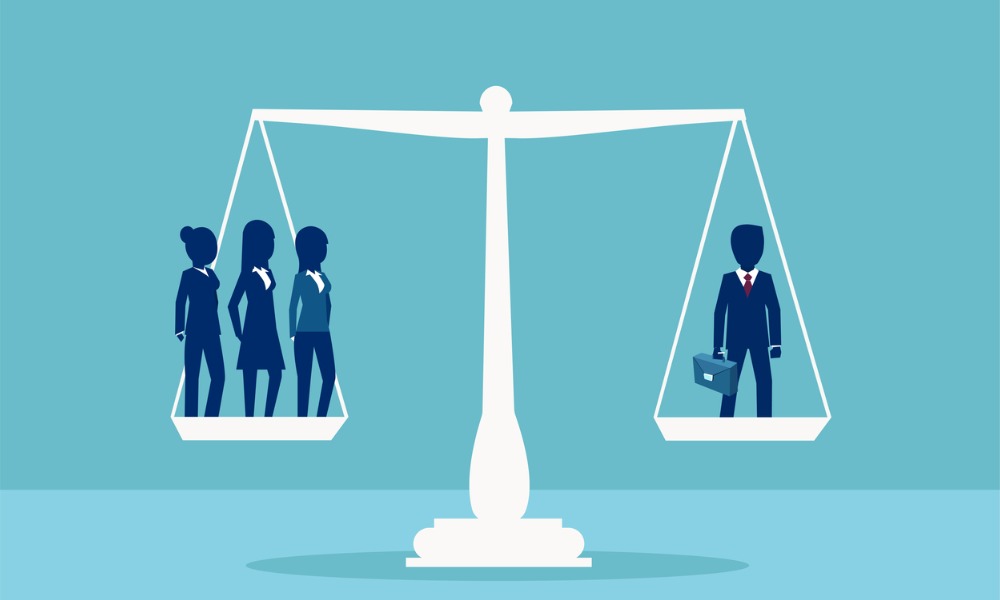'Gender-related norms, values and stereotypes still pose potent barriers to women achieving equal power'

Almost three-quarters (70 per cent) of women have experienced some form of inequality in their lifetime, either due to discrimination or gender stereotypes, according to a survey by Plan International Canada.
When it comes to the workplace, women expressing strong opinions at work are viewed as aggressive or overbearing (82 per cent) while men doing the same are viewed as leaders and confident (87 per cent), found the survey of 1,452 women.
Women and girls are also expected to be accommodating and emotional (81 per cent) while men are breadwinners and expected to provide for the family more than women (63 per cent).
"Gender-related norms, values and stereotypes still pose potent barriers to women achieving equal power. Globally, women spend significantly more time than men — often up to ten times as much — on unpaid care, volunteer and domestic work," says Saadya Hamdani, director of gender equality at Plan International Canada. "This uneven distribution of work has implications for job segregation and pay equity and it socializes the younger generation to believe gender roles are ‘normal.’ This is at the heart of gender inequality; holding back women, families, communities, countries, and the world."
Further stereotypes
While women in Canada today are more accepted in careers that were traditionally held by men, 81 per cent of those surveyed still say there is an expectation that women shoulder the responsibility of cooking, cleaning and caring for children. Men are expected to take care of traditional male chores such as home repairs or working on the car (82 per cent), found the survey.
There also continues to be pressure on women to fulfill traditional female roles, with 73 per cent of women surveyed saying they believe women are expected to be a wife or mother.
Among young women aged 18 to 34, 77 per cent say they have personally faced gender inequality compared to 67 per cent of women 35 to 65, while 71 per cent of 18- to 34-year-olds have felt held back due to their physical appearance, compared to 53 per cent of women aged 35 to 65, found Plan International.




